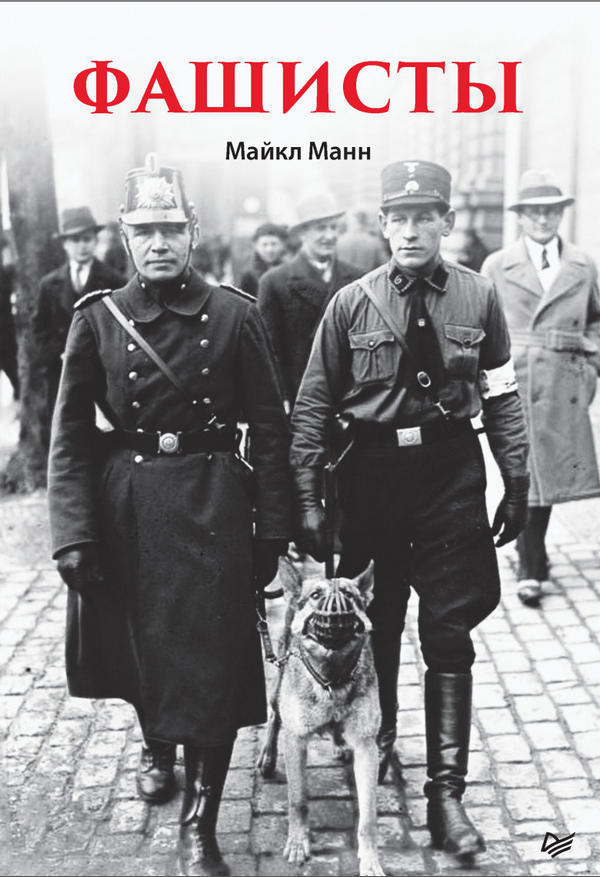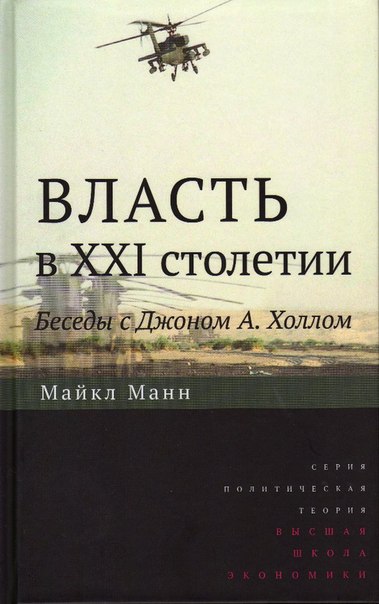Fascism from Above: The Dictatorship of Primo de Rivera in Spain, 1923–1930. Oxford: Clarendon.
BatkayW. 1982. Authoritarian Politics in a Transitional State: Istvan Bethlen and the Unified Party in Hungary, 1919-26. New York: Columbia University Press.
Berend, I. 1998. Decades of Crisis: Central and Eastern Europe before World War II. Berkeley and Los Angeles: University of California Press.
Berend, I., and G. Ránki. 1979. Economic Development in East-Central Europe in the 19th and 20th Centuries. New York: Columbia University Press.
Berezin, M. 1997. Making the Fascist Self. Ithaca, N.Y.: Cornell University Press.
Bermejo Martin, F. 1984. La IIa república en Logrdno: Elecciones y contexto politico. Logroño: Communidad Autónoma de la Rioja.
Bernardini, G. 1989. “The origins and development of racial anti-semitism in fascist Italy.” In M. Marrus (ed.), The Nazi Holocaust, vol. 4: “The Final Solution” Outside Germany. Westport, Conn.: Meckler.
Bessel, R. 1984. Political Violence and the Rise of Nazism. New Haven: Yale University Press.
_____. 1986. “Violence as propaganda: The role of the stormtroopers in the rise of National Socialism.” In Childers (ed.), The Formation of the Nazi Constituency.
_____. 1988. “The Great War in German memory: The soldiers of the First World War, demobilization, and Weimar political culture.” German History 6.
Bessel, R. (ed.). 1996. Fascist Italy and Nazi Germany: Comparisons and Contrasts.
Cambridge: Cambridge University Press.
Bessel, R., and M. Jamin. 1979. “Nazis, workers and the uses of quantitative evidence.” Social History 4.
Betz, H.-G. 1994. Radical Right-Wing Populism in Western Europe. London: Macmillan.
Binchy, D. A. 1941. Church and State in Fascist Italy. London: Oxford University Press.
Birn, R. 1991. “Austrian higher SS and police leaders and their participation in the Holocaust in the Balkans.” Holocaust and Genocide Studies 6.
Blinkhorn, M. 1975. Carlism and Crisis in Spain 1931–1939. Cambridge: Cambridge University Press.
_____. 1987. “The Iberian States.” In D. Mühlberger (ed.), The Social Basis of European Fascist Movements. London: CroomHelm.
_____. 1990. Fascists and Conservatives. London: Unwin Hyman.
Boak, H. 1990. “Women in Weimar Politics.” European History Quarterly 20.
Borchardt, K. 1982. Wachstum, Krisen, Handlungsspielraume der Wirtschaftspolitik.
Göttingen: Vandenkoeck & Ruprecht.
Bosch, A. 1993. “Sindicalismo, conflictividad y politíca.” In Bosch et al. (eds.), Estudios sobre la segunda republica. Valencia: Edicions Alfons el Magnànim.
Botz, G. 1980. “Introduction” and “The changing patterns of social support for Austrian National Socialism (1918–1945).” In Larsen et al. (eds.), Who Were the Fascists?
_____. 1982. “Political violence, its forms and strategies in the First Austrian Republic.” In W. Mommsen and G. Hirschfeld (eds.), Social Protest, Violence and Terror in Nineteenthand Twentieth-Century Europe. New York: St. Martin’s Press.
_____. 1983. Gewalt in der Politik, 2nd ed. Munich: Fink.
_____. 1985. “Strategies of political violence: Chance events and structural effects as causal factors in the February rising of the Austrian Social Democrats.” In Rabinbach (ed.), Austrian Socialist Experiment.
_____. 1987a. “Austria.” In D. Mühlberger (ed.), The Social Basis of European Fascist Movements. London: CroomHelm.
_____. 1987b. “The Jews of Vienna from the Anschluss to the Holocaust.” In Oxaal et al. (eds.), Jews, Antisemitism and Culture.
_____. 1988. Nationalsozialismus in Wien. Wien: DVO.
Boyd, C. 1979. Praetorian Politics in Liberal Spain. Chapel Hill: University of North Carolina Press.
Bracher, K. D. 1971. The German Dictatorship. Harmondsworth: Penguin.
Brademas, J. 1974. Anarcosyndicalismo y revolution en Espana (1930–1937). Barcelona: Ariel.
Braham, R. 1981. The Politics of Genocide: The Holocaust in Hungary, 2 vols. New York: Columbia University Press.
_____. 1998. Romanian Nationalists and the Holocaust: The Political Exploitation of Unfounded Rescue Attempts. New York: Columbia University Press.
Brooker, P. 1991. The Faces of Fraternalism. Oxford: Clarendon.
Broszat, M. 1981. The Hitler State. London: Longman.
_____. 1987. Hitler and the Collapse of Weimar Germany. Leamington Spa: Berg.
Brown, J. 1989. “The Berlin NSDAP in the Kampfzeit.” German History 7.
Brubaker, R. 1992. Citizenship and Nationhood in France and Germany. Cambridge, Mass.: Harvard University Press.
Brustein, W. 1988. “The political geography of Belgian fascism: The case of rexism.” American Journal ofSociology 53: 69–70.
_____. 1991. “The ‘Red Menace’ and the rise of Italian Fascism.” American Sociological Review 56.
_____. 1996. The Logic of Evil: The Social Origins of the Nazi Party, 1925–1933. New Haven, Conn.: Yale University Press.
Bukey, E. 1978. “The Nazi Party in Linz, Austria, 1931–1939: A sociological perspective.” German Studies Review 1.
_____. 1986. Hitler’s Hometown: Linz, Austria 1908–1945. Bloomington: University of Indiana Press.
_____. 1989. “Popular opinion in Vienna after the Anschluss.” In Parkinson (ed.), Conquering the Past.
_____. 1992. “Nazi rule in Austria.” Austria History Yearbook 23.
Burleigh, M. 2000. The Third Reich. New York: Hill & Wang.
Busquets, J. 1984. El militar de carrera en Espana. Barcelona: Ariel.
Cabrera, M. 1983. La patronal ante la II república: Organizacionesy etrategia (1931–1936). Madrid: Siglo Veintuino Editores.
Caldwell, L. 1986. “Reproducers of the Nation: Women and the family in Fascist policy.” In Forgacs (ed.), Rethinking Italian Fascism.
Campbell, A. 1998. “The invisiblewelfare state: Class struggles, the American Legion and the development of veteran’s benefits in the 20th century United States.” Ph.D. dissertation, University of California, Los Angeles.
Campbell, B. 1998. The SA Generals and the Rise of Nazism. Lexington: University of Kentucky Press.
Campos, M. 1986. El socialisms espanoly la cuestión agrario (1890–1936).
Madrid: Ministerio de Trabajo y Seguridad Social.
Cancela, D. 1987. La segunda república en Cadiz: Elecciones y partidos politicos.
Cadiz: Diputación Provincial.
Caplan, J. 1986. “Speaking the right language: The Nazi party and the civil service vote in the Weimar Republic.” In Childers (ed.), The Formation of the Nazi Constituency.
_____. 1988. Government Without Administration: State and Civil Service in Weimar and Nazi Germany. Oxford: Clarendon.
Cardoza, A. 1982. Agrarian Elites and Italian Fascism: The Province of Bologna, 1901–1926. Princeton, N.J.: Princeton University Press.
Carmona, Á. 1989. El trabajo industrial en la Espana contemporanea (1874–1936).
Barcelona: Anthropos.
Carsten, F. 1976. “Interpretations of fascism.” In W. Laqueur (ed.), Fascism: A Reader’s Guide. Berkeley and Los Angeles: University of California Press.
_____. 1977. Fascist Movements in Austria. London: Sage.
_____. 1980. The Rise of Fascism. Berkeley and Los Angeles: University of California





